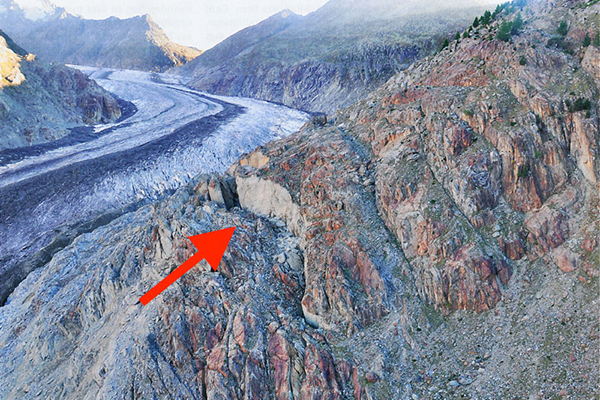Articles
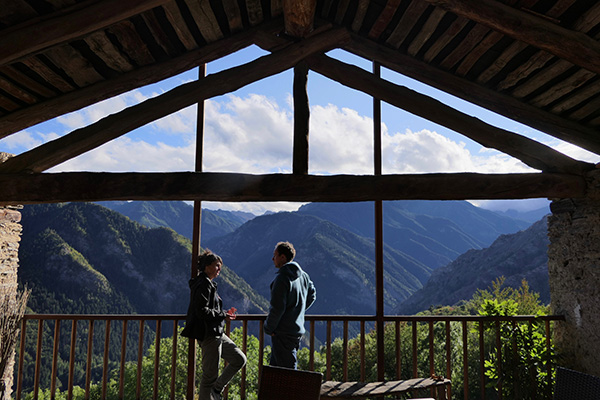
I-LivAlps: a conclusion for the future
September saw the fourth and final I-LivAlps workshop on social innovation held in the Valle Maira, Italy. The end of the project has produced a rich harvest.

Reaching a conclusion: whatsalp arrives in Nice
After five countries, 568 hours of walking and 66,000 metres of altitude, on 29 September 2017 the “whatsalp” group arrived in Nice after a three-month trek through the Alps. The group’s conclusions were critical in nature.
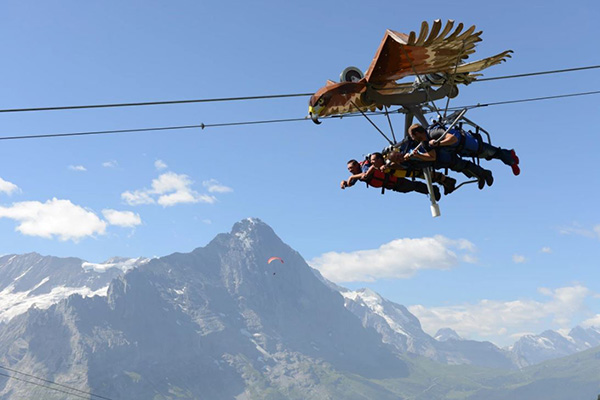
Oh...
Funfair up on the mountain
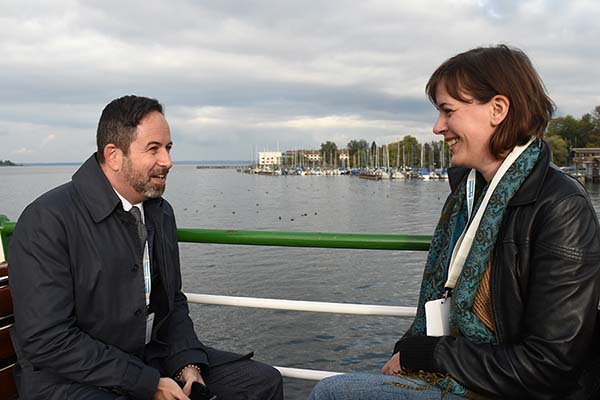
Where ideas make waves
CIPRA is a small organisation with a large network. It enables people to tackle challenges together and learn from one another – like Sandrine Percheval and Cassiano Luminati, who met for the first time at the AlpWeek in Grassau/D.

Going further, together
There is an African saying that goes: “If you want to go quickly, go alone. If you want to go far, go with others.” And the trail to sustainable development in the Alps and to preserving the alpine natural environment, its habitat and its economic area is a very long one indeed. It is one the Alliance in the Alps network of municipalities and CIPRA International have been trekking along together since 1997.
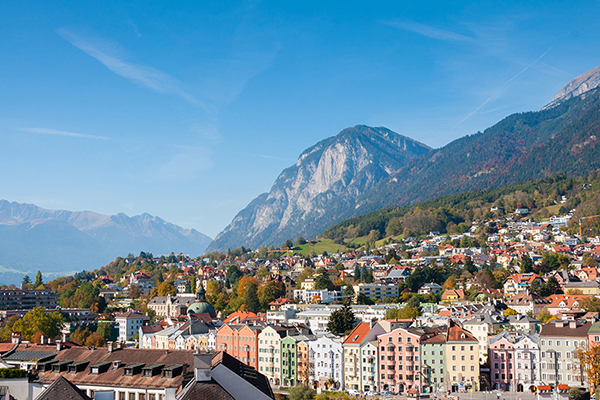
A pioneering region for a carbon-neutral economy and life
The economy of the Alps is to become greener. To make sure it takes on this colour, the comprehensive action programme “Greening the Economy in the Alpine Region” has been launched.
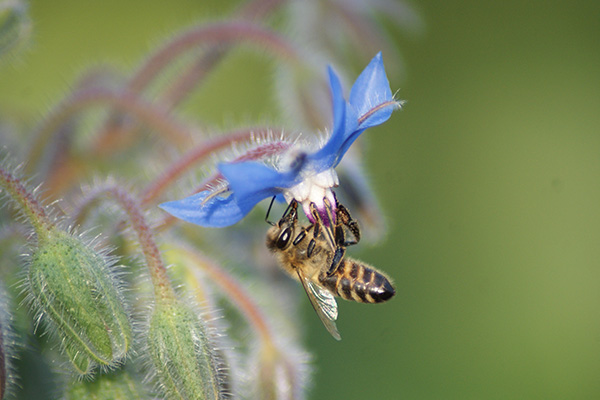
Salvation for the bees?
The European Commission is discussing the use of neonicotinoids. The damage caused by these insecticides also strongly affects bees.
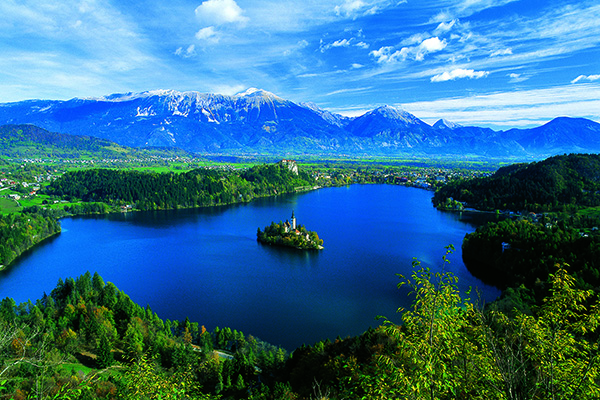
A blessing and a curse
Some places are deserted, others are overrun by tourists. The two Slovenian municipalities of Bled and Bohinj in the Triglav National Park were faced with the latter situation, as they struggled with masses of cars this summer.
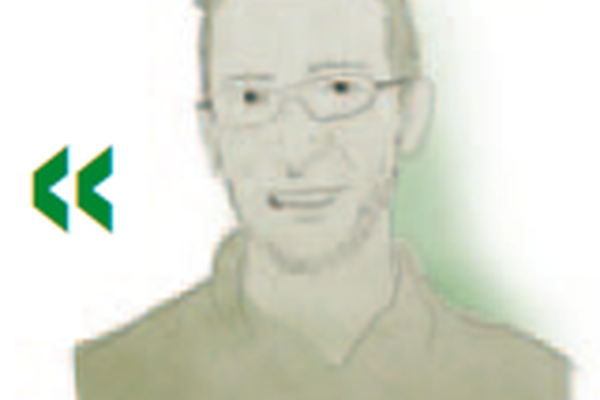
Rivers connect people
The partners of the Spare Project are as diverse as they are at home in different Alpine countries, comprising as they do a university, two research agencies, two official bodies, a regional office, and two environmental organisations. Together they demonstrate how river management can be improved above and beyond administrative, cultural and technical boundaries.
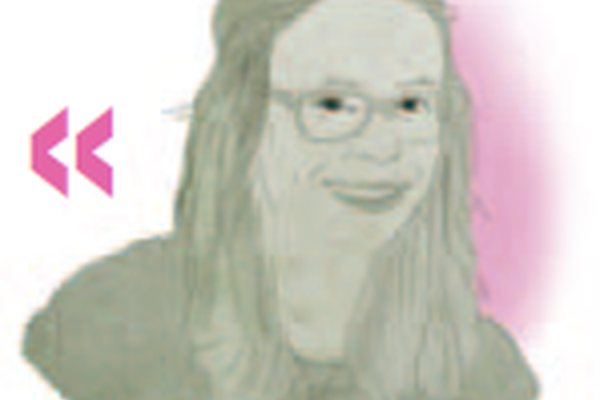
A wind of change for municipalities
At the Nagelfluhkette Nature Park/A, young people are teaching primary schoolchildren for a day. Together, they study water courses as a habitat for plants and animals. In l’Argentière-la-Bessée/F, another group is creating an adventure trail to the entrance of a silver mine.

Space is finite
In 2016 CIPRA examined spatial planning from various perspectives. With the alpMonitor project for instance, it demonstrated under the Spatial Planning rubric how such processes can be tackled at the municipal level and what the potential stumbling blocks might be.
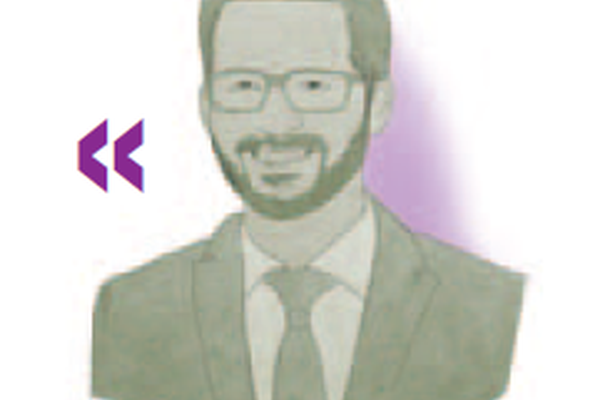
Awakening and change
“Us first” was the pervasive motto in 2016, more so than ever before. In the light of a global political and social climate of isolation it is all the more important for CIPRA to stand up for values such as solidarity, co-operation, environmental protection, and justice.
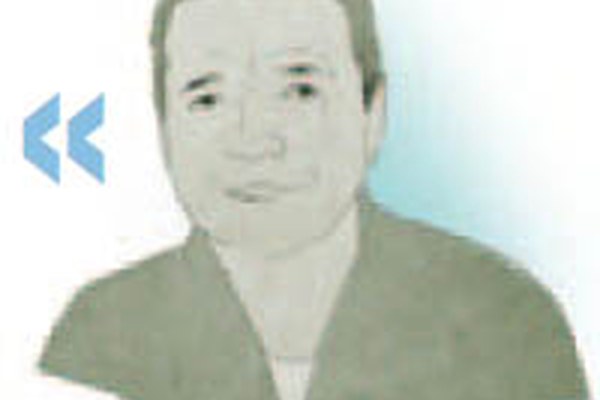
Turning risks into opportunities
On this October afternoon in the Swiss region of Surselva, the hotel in Vals is a hive of activity as a group of people discuss and gesticulate in German and Romansh. They’re engaged in an exchange of views on the opportunities, risks, and future of the valley in the wake of climate change.
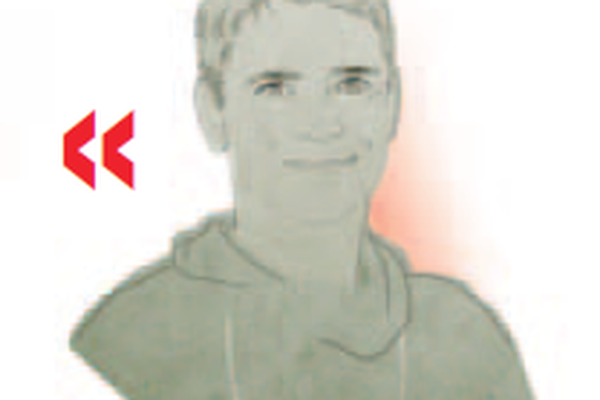
Mobility as a state of mind
“People very quickly forget about a traffic jam providing it doesn’t lasts longer than ten minutes.” 140 pairs of eyes were focused on the speaker Gerhard Fehr. At the international symposium on commuter mobility in Hard, Austria, in mid-November, Mr Fehr, a behavioural economist, was showing his audience why the choice of means of transport is often not a rational decision.
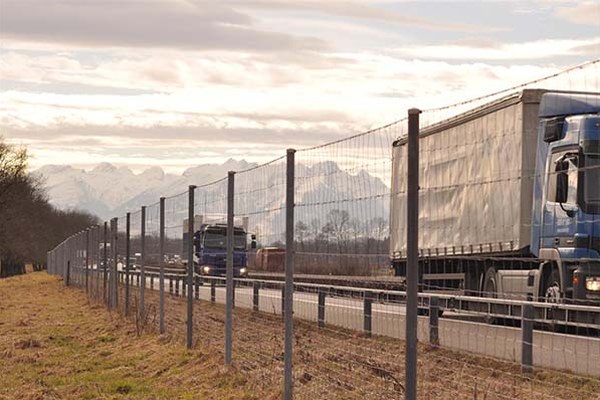
Together against transit traffic
CIPRA Italy. While most of Italy is surrounded by the Mediterranean, to the north the country is encircled by a wide arc formed by the Alps. Goods shipped to Italy via sea routes are distributed onwards throughout Europe from Italy, with European products shipped out through Italian ports.
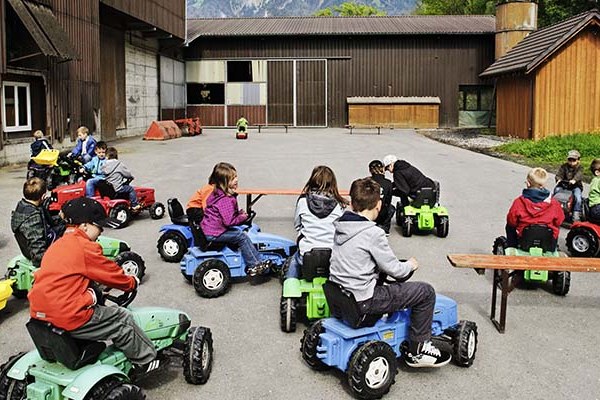
Laughing, walking and learning from each other
CIPRA Slovenia. Increasingly, children are now being driven to school by their parents. CIPRA Slovenia is working to counter that trend by working with the Institute for Spatial Policies and the Association for Sustainable Development. And thanks to the Pedibus, schoolchildren get to exercise – and have more opportunities for contact with children of the same age.
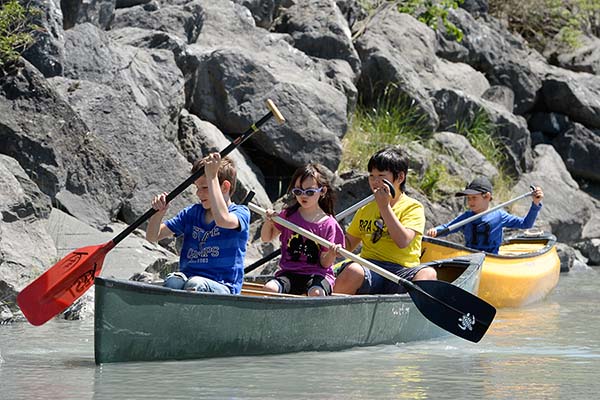
The Alpine Rhine fête
CIPRA Liechtenstein. Taming Europe’s biggest torrent began some two hundred years ago. Today, the Alpine Rhine is a canal, its course lined for the most part by intensively used farmland and residual pockets of wetland forest.
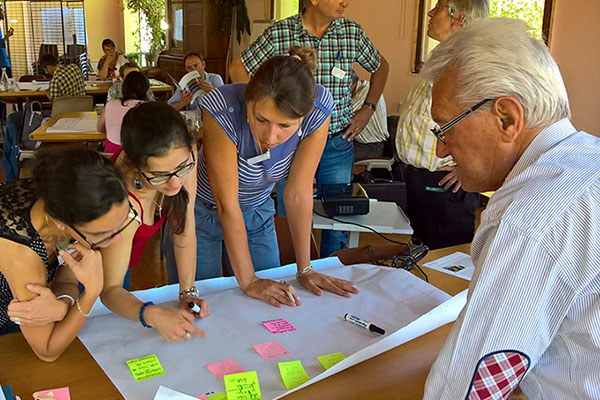
Think globally, act locally
CIPRA France. The European Strategy for the Alps (Eusalp) examines answers to challenges such as demographic change, economic globalisation, climate change, and energy transition.
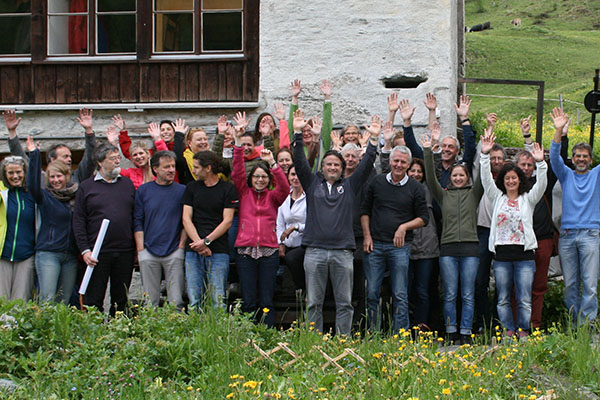
Identity needs culture
CIPRA Switzerland. Growth-orientated regional politics in Switzerland today are aimed first and foremost at economic development and at prioritising hubs and development axes. The potential afforded by mountain regions with their diverse culture is barely recognised.
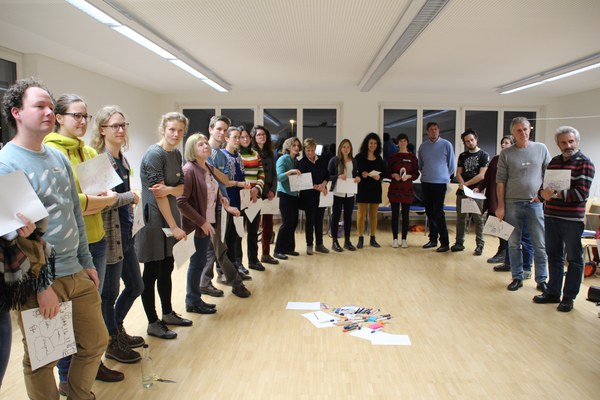
Creating and testing new ways
Climate change, scarce resources, development pressures: there is a global need for new ways and forms of social and economic cohabitation. The Alps too are the setting for social innovations.
A beacon for sustainable tourism
The second weekend in August will once again see the “Fire across the Alps” burning. In this, the UN Year of Sustainable Tourism for Development, these watch-fires are intended to stimulate ideas as to the necessary changes for tourism in the Alps.
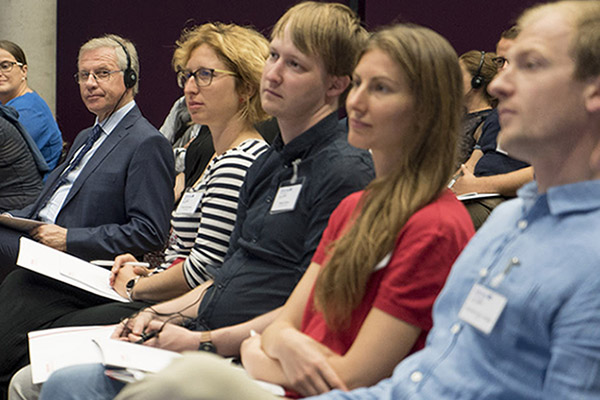
Give youth a voice! How youth participation can be encouraged in the Alpine space
How can young people become more involved in political processes? What good examples already exist for this? These questions were the central issues at a workshop held in the context of the GaYA project in Bozen/Bolzano.
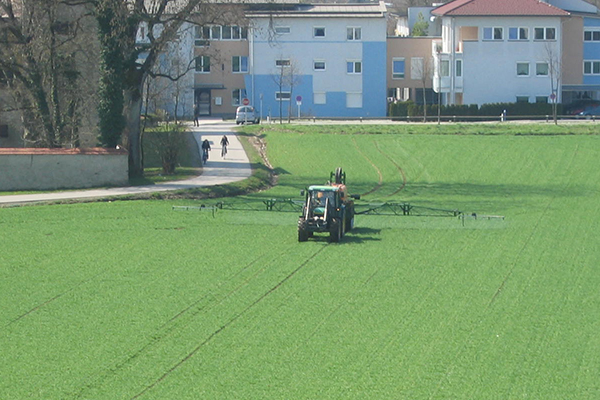
Pesticides: a tug of war
Pesticides damage the environment, threaten useful species like bees, pollute the water in the Alps, while some are suspected of causing cancer. They nevertheless appear to be indispensable in conventional agriculture.
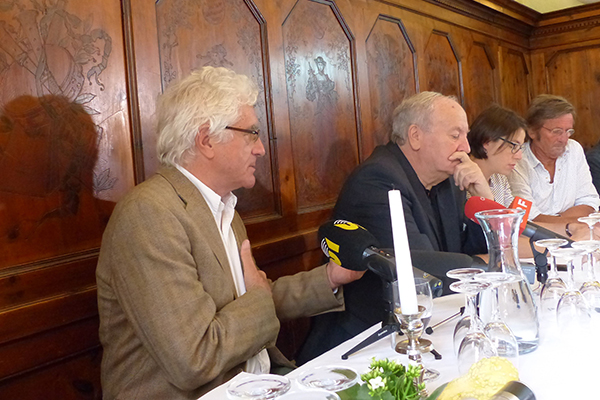
Reliable partnerships right across the Alps
CIPRA Austria, CIPRA Germany, CIPRA South Tyrol. Right now the cable car industry is all about superlatives. Indeed, the “world’s greatest glacier ski area” is to be created by linking up the ski resorts in the Austrian Pitztal and Ötztal valleys.
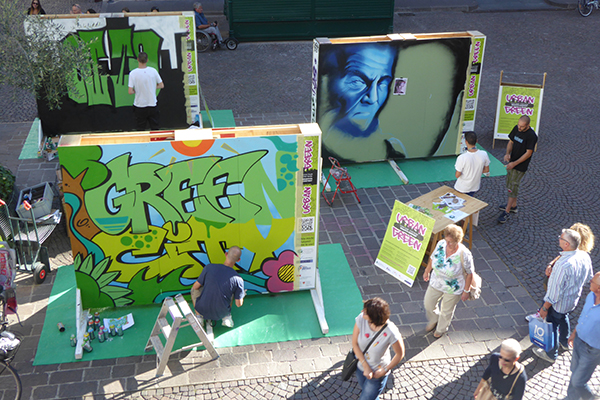
Spray-painting for environmental protection
CIPRA South Tyrol. Urban Green – How does the young generation imagine its city of the future?
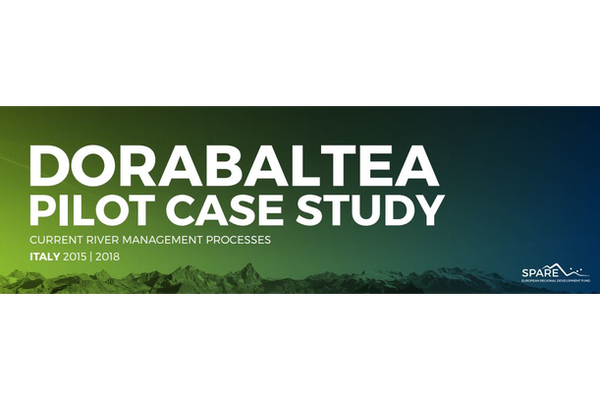
“A picture speaks a thousand words” - SPARE Project communicating through multimedia
With a brand new collection of infographics and photo books the SPARE Project partners aim at visually communicating the current river management processes in each of the project’s five Pilot Case Study sites.
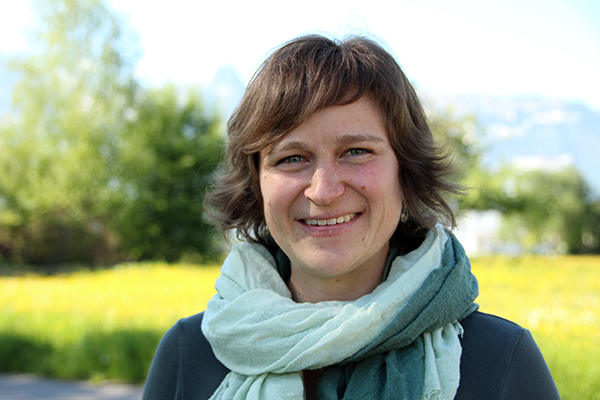
Point of view: Biodiversity Conservation: less talk, more action
May 22nd marks the International Day for Biological Diversity, an initiative brought into life by the Convention on Biological Diversity in 2000. Martha Dunbar, Project Manager for Biodiversity and Landscape, fears that now in 2017 we are still treading water.
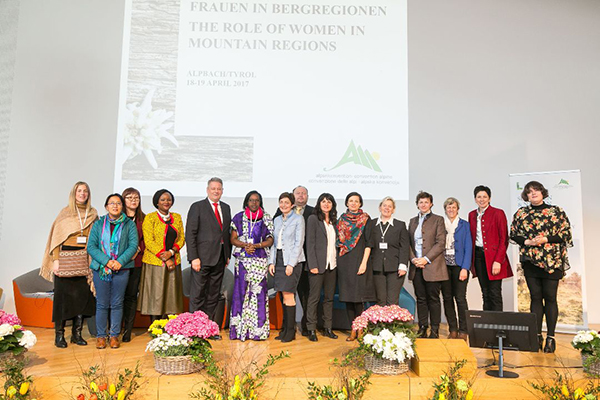
Alpine Convention puts equality on the agenda
With a women’s conference and a declaration, the Austrian presidency has placed a new topic on the agenda of the Alpine Convention – and raised expectations. But where do things go from here?
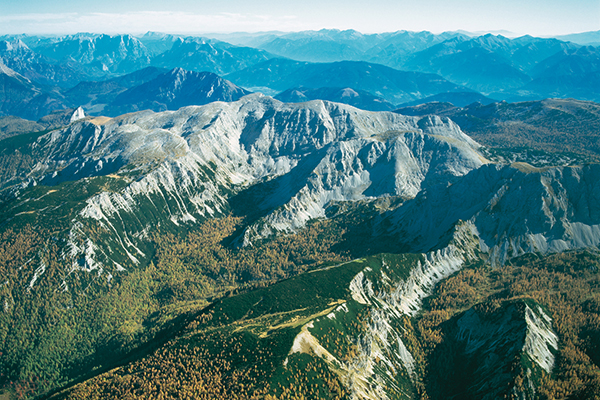
No ski-lift connection permitted in nature reserve
The Federal State of Upper Austria gave its legal opinion on the expansion of the “Höss-Wurzeralm” ski area in April. The matter is now on file.
